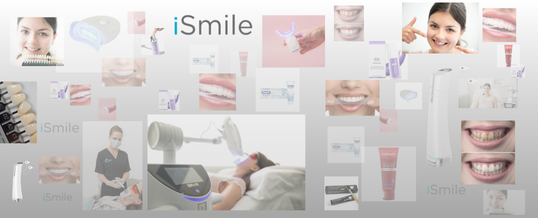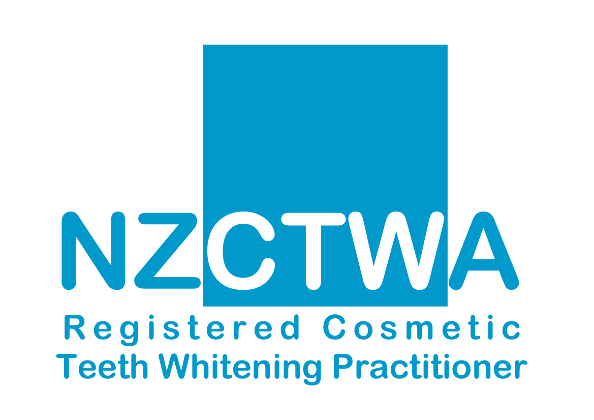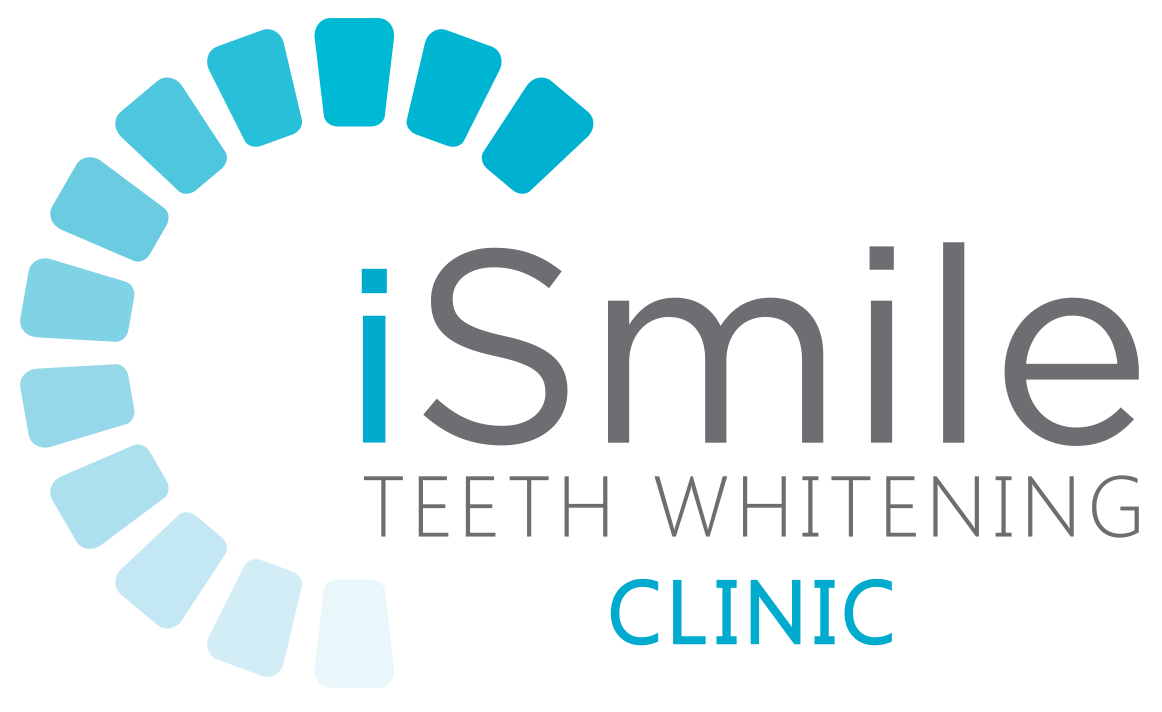
A white, dazzling smile is often considered one of our most attractive features. Teeth whitening has become a popular cosmetic procedure, and there are various options available to achieve that radiant smile. Two primary methods are in-clinic teeth whitening performed by Teeth Whitening Professional or an Over-The-Counter (OTC) product that can be used at home. In this article, we will explore the key differences between the two approaches ‘At-Home vs Professional Teeth Whitening’ and help you make an informed decision about which one suits your needs best.
Teeth Whitening Gel Strength and Results
Professional teeth whitening clinics use stronger and more advanced whitening agents, such as hydrogen peroxide, than what is not available in OTC at-home whitening products. This means that in-clinic treatments can often deliver more dramatic results in a shorter amount of time.treatments performed by a teeth whitening professional use high-concentration whitening gels that deliver faster and more noticeable results. In just one session, your teeth can appear several shades lighter.
At-home teeth whitening contain lower-strength peroxide formulas. While they can gradually brighten your teeth, the results are often less dramatic and may take weeks to achieve compared to in-clinic treatments. At-Home vs Professional Teeth Whitening – if you’re after instant, long-lasting brightness, then professional whitening is the superior option.
Fastest Results
Professional teeth whitening clinics offer faster results after just one session. This is particularly appealing for individuals seeking rapid improvements in their smile’s appearance.
At-home teeth whitening kits typically require consistent use over an extended period of time. This gradual approach may be suitable for those who prefer a subtle and natural-looking improvement. Unlike in-clinic treatments that provide rapid results.
Safety and Supervision
Professional teeth whitening clinics carry out treatment by a trained, reducing the risk of mishaps or adverse effects. Your teeth whitening practitioner will also provide guidance on post-treatment care to maintain the results.are careful to protect your gums and enamel during the whitening process. This minimises the risk of tooth sensitivity or gum irritation.
At-home teeth whitening products especially those bought over the counter, lack professional supervision. When teeth whitening is carried out by DIY’er the whitening solution the whitening solution can get onto gums and long-term exposure may result in the inflammation and redness. In extreme cases of soft tissue irritation from whitening solution can lead to pain and bleeding of the gum tissue. In extreme cases with gels purchased from Incorrect use — such as overuse or applying too much gel — can lead to enamel damage or uneven results.
For those with sensitive teeth or existing dental work, professional supervision is always the safer choice.
Customisation and Comfort
Professional whitening clinics can tailor a treatment to your individual needs — adjusting the gel strength, treatment time, and even targeting stubborn stains. Teeth Whitening professionals can customize the treatment to address individual concerns, such as sensitivity or uneven discolouration.
At-home teeth whitening such as strips, trays, or LED kits are one-size-fits-all, meaning they may not fit properly or whiten evenly. Users must follow the instructions provided, which may not address specific concerns like uneven discoloration or sensitivity adequately.
Cost and Convenience
Professional whitening clinics may cost a little more upfront than at home teeth whitening kits. However, the results last longer and often require fewer touch-ups.
At-home whitening products teeth whitening products such as whitening strips, gels, and toothpaste, offer the convenience of at-home use — but results fade faster, meaning you may need to repurchase kits regularly. Over time, this can add up to nearly the same cost as a professional treatment.
Which Option Is Best for You?
-
Choose Professional Whitening if you want:
-
Fast, dramatic results
-
Professional supervised treatments
-
Long-lasting whiteness
-
Customised treatment taylored to your individual needs
-
-
Choose At-Home Whitening if you prefer:
-
A budget-friendly, gradual approach
-
Convenient touch-ups between clinic visits
-
Final Thoughts – At-Home vs Professional Teeth Whitening
Choosing between at-home vs Professioal Teeth Whitening ultimately depends on your preferences, budget, and desired results. In-clinic treatments offer professional expertise, potent whitening agents, and rapid results but come at a higher cost. On the other hand, OTC products offer affordability, convenience, and a gradual approach to whitening.
Before deciding, you can consult with a teeth whitening professional. They can discuss your goals and recommend the most suitable approach. Additionally, it’s essential to follow the instructions carefully for both in-clinic and OTC treatments and maintain proper oral hygiene practices to preserve your dazzling smile for the long term. Remember, a beautiful smile is an investment in your self-confidence and overall well-being, and choosing the right teeth whitening method can help you achieve it.
Dealing with an NZCTWA Registered Teeth Whitening Practitioner displaying NZCTWA Registration is your assurance that you’re dealing with a professionally trained, qualified and safe Cosmetic Teeth Whitening Practitioner who takes pride in the quality of their service and care. Always look for the NZCTWA trusted logo.

Professional In-Clinic Teeth Whitening Auckland
iSmile Professional In-Clinic Teeth Whitening Auckland offers the most developed, safe and gentle teeth whitening system available on the market today! iSmile Auckland Teeth Whitening Practitioners are fully qualified and registered members of the New Zealand Cosmetic Teeth Whitening Association (NZCTWA). Check out iSmile Teeth whitening treatment options.
Contact us today to schedule an appointment!
Learn more about Professional In Clinic Teeth Whitening Auckland
Follow iSmile on Instagram and Facebook
Go straight to iSmile Online Bookings
ShareSEP
2023

About the Author: